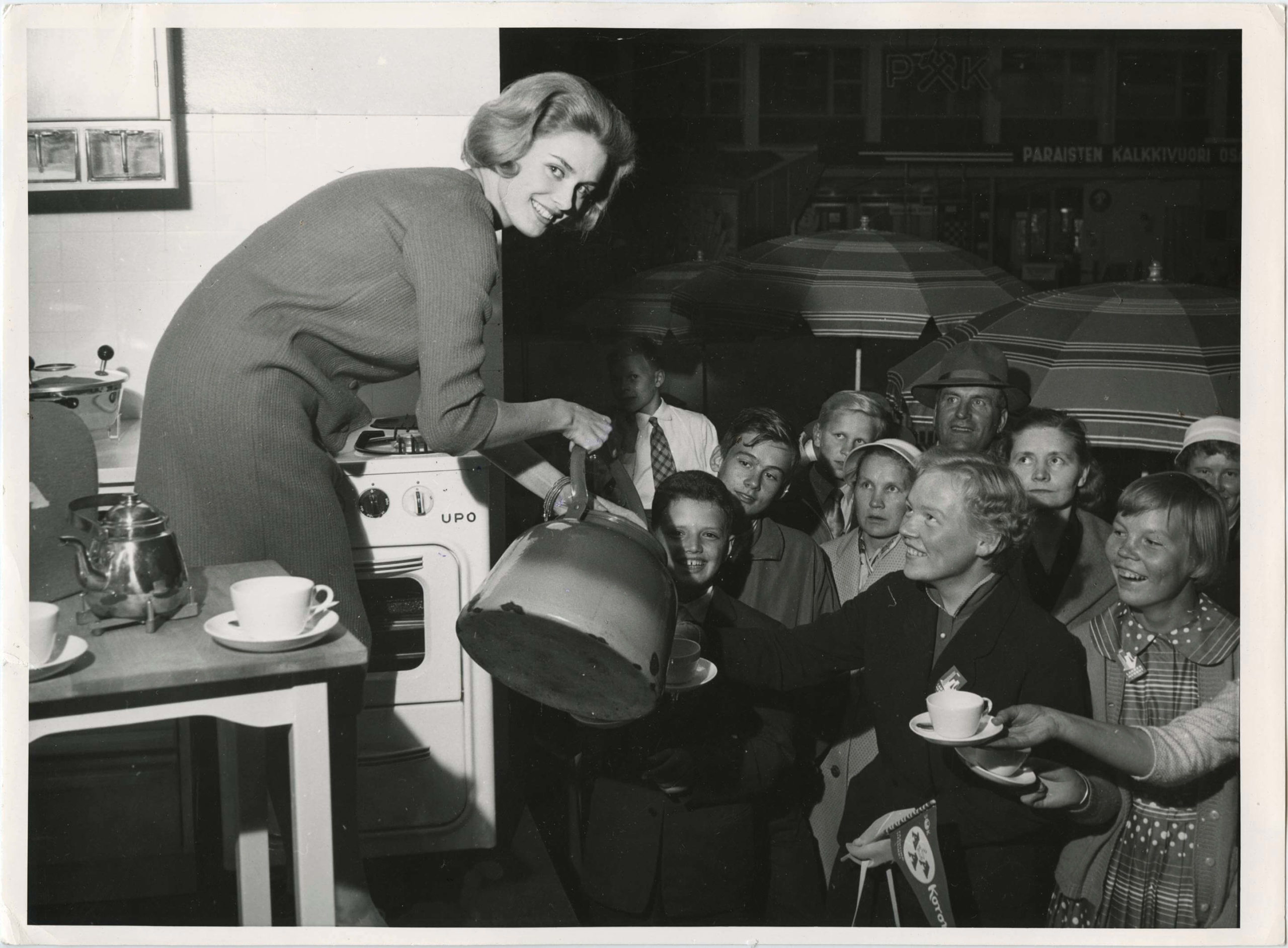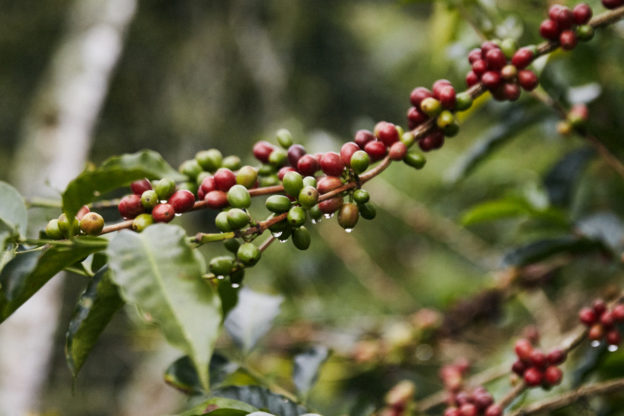The exact time of the discovery of coffee is unknown. Even the method of discovery can only be guessed. However, the origin of the coffee has been located in Ethiopia. According to a legend, an Abyssinian shepherd named Kaldi had found his sheep chewing on the berries of a shiny-leafed bush and becoming restless. The shepherd tasted the berries himself and soon he was no longer tired at all. He found the experience so exceptional that he took some berries with him to a monastery nearby. The Imam thought that it was a deed of a devil and threw the berries in a campfire. Soon the monks were surrounded by an intoxicating scent. They collected the berries and threw them into hot water. The people of the monastery tasted the drink that had been created and were ecstatic about their experience. Coffee had been discovered.
The journey of coffee continued with the caravans to Arabia. Initially, the drink was brewed and boiled from coffee leaves, berries and seeds. In Arabia, coffee roasting started in the mid-13th century, when it was discovered that roasted coffee beans dissolve a strong aroma in water. Commercial coffee production was started in the 15th century on the Arabian Peninsula. Yemeni priests introduced coffee in Egypt in the 16th century, and when the Turks took over Egypt, they fell in love with coffee. Coffee was spread around the Middle East by the Turks as they conquered the new countries.
Coffee invaded Europe through Italy and Venice at the turn of the 16th and 17th centuries, and the Nordics were conquered in the late 17th century. During 1756-1792 in Sweden-Finland, the Coffee Prohibition Act was enacted three times: “The brewing and drinking of coffee is prohibited under the threat of a fine in order to prevent destructive lust for pleasure and luxury. Coffee was considered a decadent drink because it cheered up and “‘ kept the youth awake until late in the evening ’”. It was not until 1804 that King Gustav Adolf granted an exception to drink coffee and uttered these famous words:
Since you my subordinates are such rascals that you cannot get by without this drink, I want to allow this drink to you for the time being.’ This exemption is still valid.
Going forward in the 19th century, coffee had settled with Finnish gentlemen’s families, and café life flourished in Helsinki.
By the end of the century, coffee was already enjoyed in every house and barn. Coffee was expensive though – it cost a day´s salary of a good worker.
Coffee greetings,
Ann-Marie, barista



